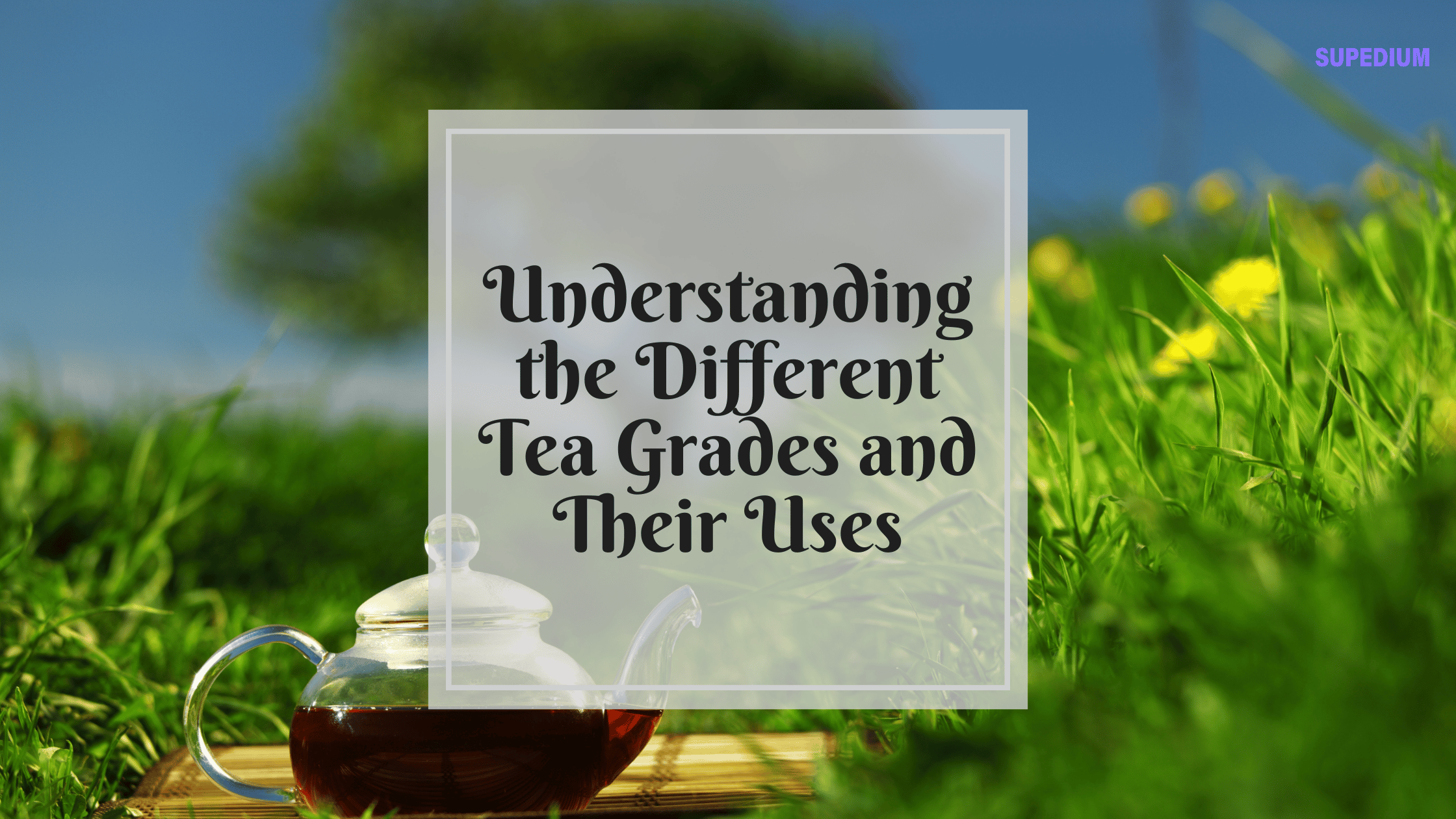Table of Contents
![]()
To some parents, the idea that soda could lead to behaviour that is aggressive In kids may sound somewhat far fetched. After all, can your child be caused by a drink? Well, studies indicate there is a connection between drink consumption and behaviour in children, and there are other concerns.
The Health Problems Associated Soft Drinks
Americans have some of the highest consumption rates of pop per capita worldwide. And lots of these people consuming soda are children.
There was a push To educate parents about the dangers and from school vending machines associated with drinks. Nutritionists and physicians have made it very clear that soda supplies calories to kids and contributes to childhood obesity.
Dentists advise parents not to let kids drink soda. Drinks might cause cavities and are not good for children’s teeth.
Soft drinks contain caffeine. Headaches can be caused by caffeine, Upset jitteriness, stomach, and sleep difficulties. It has also been associated with nervous system disorders and some problems.
It does not require much caffeine to make effects. The American Academy of Pediatrics discourages caffeine intake for children of all ages.
The Behavior Problems Connected With Soft Drinks
If the health problems are not enough to dissuade parents The behaviour problems, kids soda may be a deterrent.
A 2013 study published in The Journal of Pediatrics discovered that aggression, withdrawal behaviour, and care problems are connected to soft drink consumption in young children.
The researchers analyzed 3,000 5-year-old children from 20 different U.S. cities. After adjusting for factors such as violence incarceration, and depression drink consumption was linked to behaviour.
Kids who drank more soft drinks per day were twice as likely to ruin other people’s possessions, get into fights, and physically assault people.
Possible Reasons for the Link Between Soft Drink and Aggression
It is unclear soda intake was associated with behaviour problems. Researchers suspect ingredients like aspartame or acid may be linked to behaviour issues since drinks are processed.
Caffeine has been linked to behaviour problems in children, So researchers suspect that the caffeine content may play a role.
Blood sugar levels may affect. Low blood Glucose can cause children to pop, while also making them aggressive or withdrawn.
The Dangers of Soft Drink Consumption and Older Kids
Studies also have linked drink consumption and psychological and behavioural problems in teenagers. A 2013 study published in the International Journal of Injury Control and Safety Promotion linked soft drink consumption to aggression, melancholy, and suicidal behaviour in adolescents.
The more soda teenagers drank, the more inclined they were to maintain a physical fight. Additionally, they were more likely to report suicidal thoughts or behaviour and to feel sad or hopeless.
If your child is having suicidal thoughts, speak to the National Suicide Prevention Lifeline is 1-800-273-8255 for assistance and support from a trained adviser. In case a loved one or you are in danger, call 911.
For more mental health resources, visit our National Helpline Database.
Can Your Child’s Behavior Stem From Soft Drinks?
Aggression and other behaviour issues could be connected to their soft drink consumption if your child drinks pop.
There may be improved by soda out of your child’s diet behaviour. In addition to behaviour that is better, cutting out soda will have health benefits.
In addition to soft drinks, do not allow your child to consume energy drinks. Kids discourage. Many contain amounts of caffeine, and stimulants such as guarana and taurine.
Eliminating soft drinks could be one if your child is aggressive Step into a behaviour management program. Your child might have to learn new skills, such as impulse control and conflict resolution.
Effects, like restitution and time-out, can reduce aggressive behaviour. However, discipline and consequences have to be consistent.
Praise and systems may be strategies to promote behaviour. Token market systems can be particularly helpful in reducing aggressive behaviour.
If you are struggling to manage your, or your child’s aggression Discipline strategies are not working, speak with your child’s physician. Your child’s paediatrician may assess him for behaviour disorders Or health difficulties and you may be referred to a professional Can assist you in finding the discipline that is very best strategies Your child’s behaviour.
Share This




Be the first to comment